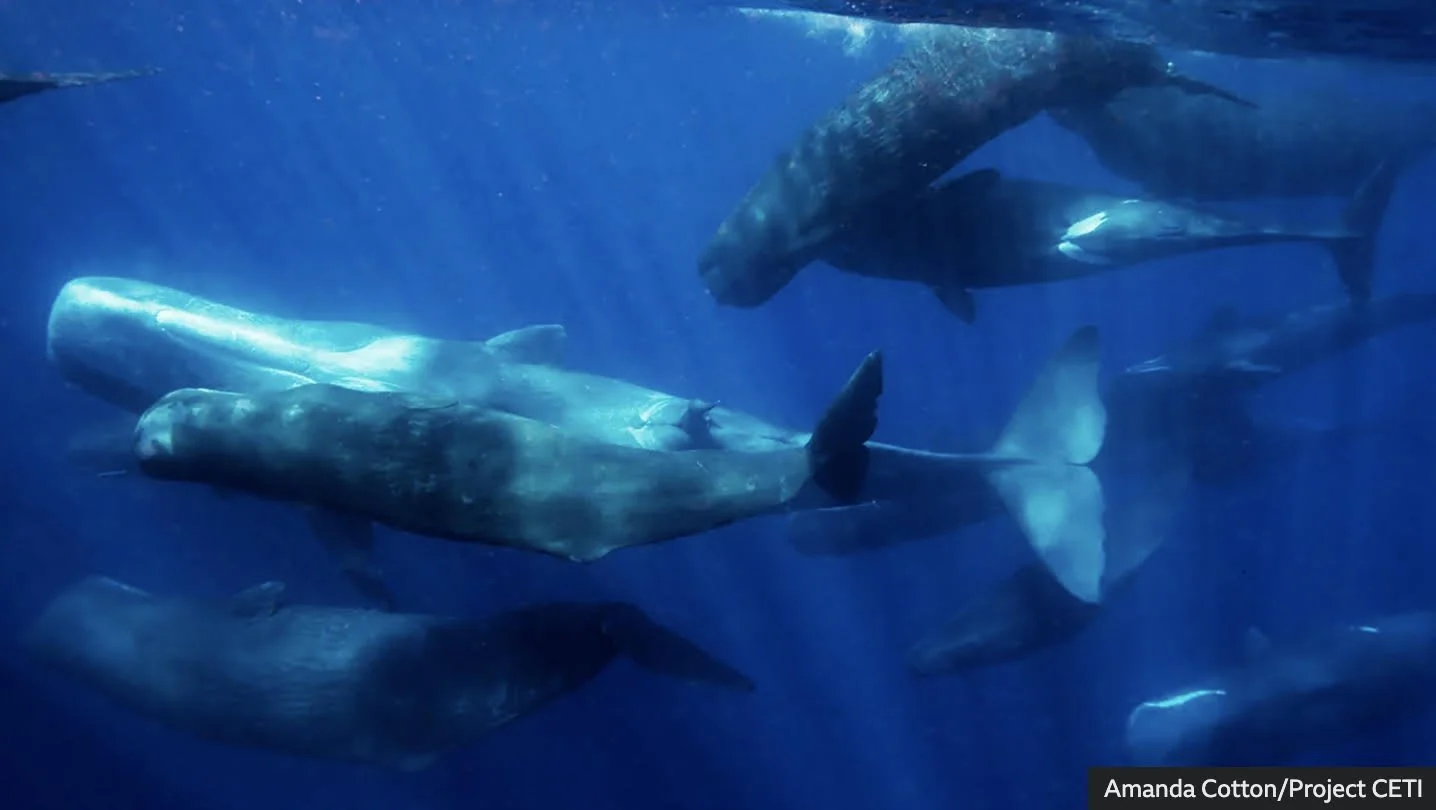Monarchs of The Deep, Sperm Whales
In the darkest icy abyss, the largest predators, Sperm whales, hunt the biggest prey, Colossal squids. The battles are legendary. The winners take all. Welcome to the Sperm’s Kingdom.
The Monarchs of The Deep, male Sperm whales, rule the oceans with brawn and brains, 6X larger than humans. Gigantic head cavities filled with 1900 litres of spermaceti, a pearly white buoyant wax, facilitate the world’s deepest divers. Does the spermaceti prevent the skulls of these 50-ton Highnesses from being crushed, 3km beneath the surface? Undivulged.
During the seventeenth to twentieth centuries, bloodthirsty whalers relentlessly massacred Sperms for spermaceti that became candles, light, energy, cosmetics, textiles and more. Hundreds of thousands of our brothers and sisters, Sperms, were brutally murdered.
Today, thankfully the remaining Sperms are protected from whalers, but not fisheries.
How do the slow travelling Sperms capture the dragsters of the sea, the Colossals? Do Sperms stun the 900-kilo, 13m-long, eight-armed, razor-sharp tentacled Colossals with their sonic vocalisation? Unrevealed.
This we know: Sperms search the darkness relying upon echolocation, an otherworldly pulsing sound navigation and ranging brain sensor. Once the only decipherable body part, the Colossals’ two-part beaks are pinpointed, Sperms buzz with a burst of rapid clicks before the kill.
In the iron-poor Southern Ocean, Sperms are biogeochemical farmers. That is, they digest deep-sea Colossals loaded with iron and transport it and other nutrients to the surface. Every hour or two, the enormous lower jaw-toothed Sperms ascend, rubbing against each other. They socialise for 15 to 20 minutes at the surface, re-oxygenate and release copious amounts of iron-rich urine and poo. Then they dive. That farmed iron, incidentally, fertilises the phytoplankton, boosting the basis of the marine food web.
Sperms live within matriarchal societies. Groups of daughters, mothers and grandmothers are smaller than males (13m-long, 16-ton). Eighteen-metre-long males roam the oceans, and visit groups to breed. Complex social behaviour and sophisticated communications enable consensuses, group decision-making.
Sperm groups make up clans. In the Pacific there may be as many as 20,000 females in each of the seven clans. There are two Galapagos clans and others off Brazil, Chile, Japan, Mauritius, India, Australia, the eastern Caribbean and elsewhere. Clans are distinguished by vocal dialects, just like human cultural diversity. Two or more clans can be found in the same area, but according to Hal Whitehead, they never interbreed.
Orcas and humans are their predators.
A rhythmic Morse code-like sequence of clicks, or codas are their languages. There are more than 156 distinct codas (analogous to phonetic letters in our alphabet) with vowels and diphthongs, where one vowel sound changes into another e.g., pie. Unique coda vowels, ‘a’ and ‘i’, are actively exchanged in complex conversations.
AI is decrypting the nuances of the Majesties’ languages. For instance, each coda consists of between three and 40 rapid-fire clicks. The tempo, or speed, is varied both up and down during their vocalisation delivery. It’s a rich amount of cultural information!
In human language, for example, we can say 'what' or 'whaaaat!?'. It's the same word, but to understand the meaning, you have to listen to the whole sound.
Sperm whale phonetics is a combinatorial coding system. It resembles a duality of patterning, meaningless elements combined to form meaningful words. Until recently, this distinctive feature of language was only known to exist within the human race. AI is exploring whether Sperm dialects, too, use this two-part structure of speech to communicate.
So far, my colleagues understand that the codas are formed from a basic set of features that get sequenced together to form coda sequences, their languages. In many ways, it’s like how humans combine phonemes to create words, and those words make up sentences.
The more we learn, the more we are morally obligated to protect these marvellous brainy Monarchs of The Deep from deadly human exploits.
Aggressive direct action to defend the Sperms and all marine life from rapacious fisheries, godawful deep-sea mining and deafening deep-sea fossil fuel extraction, is the countermeasure. Pronto.



